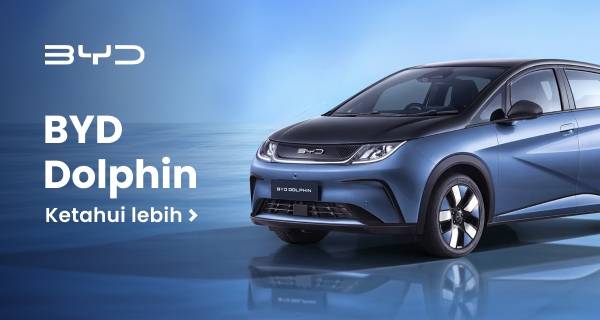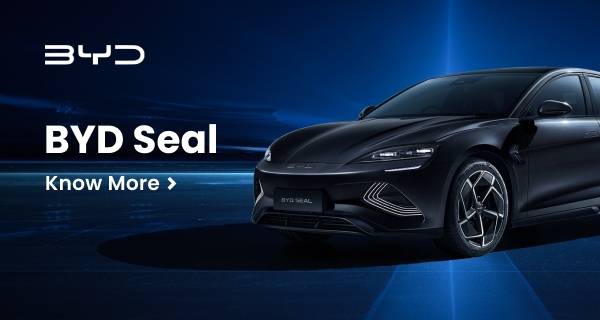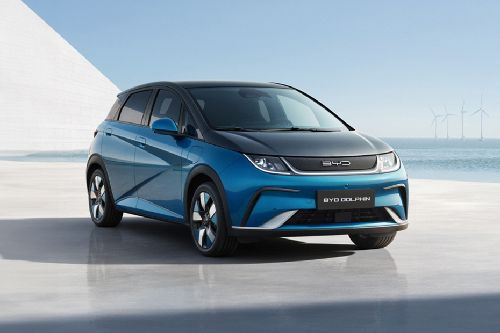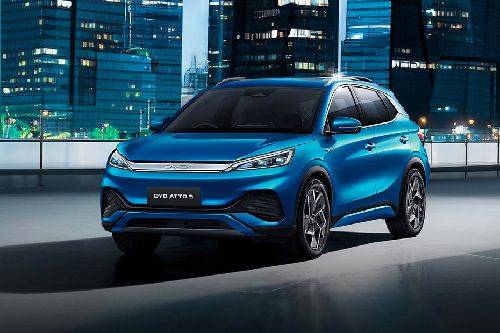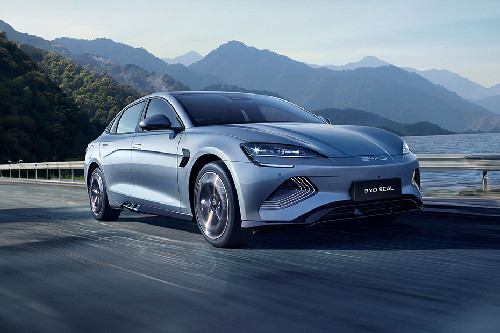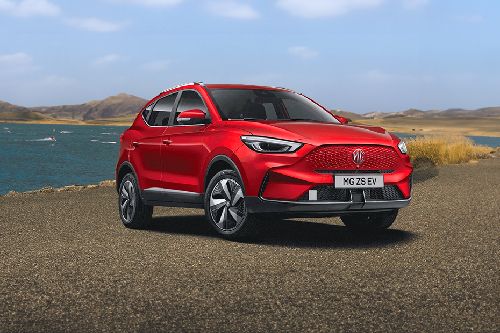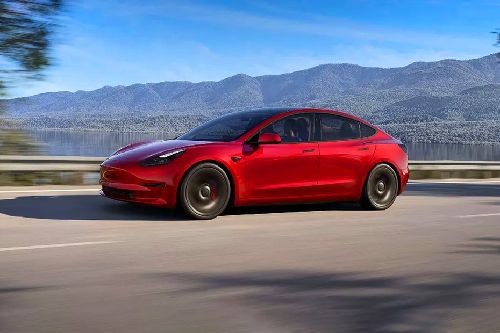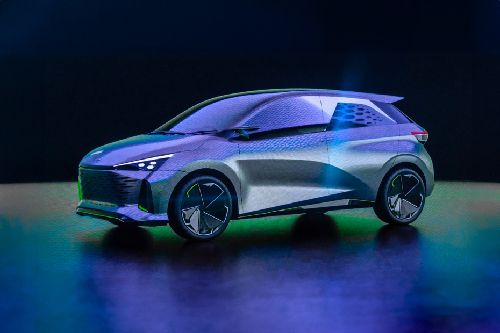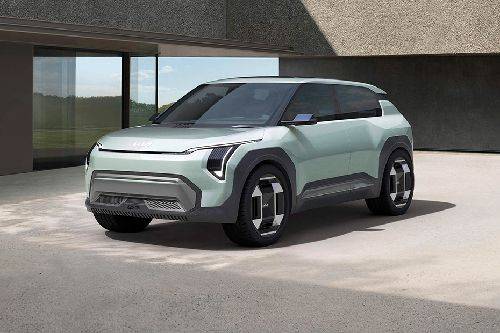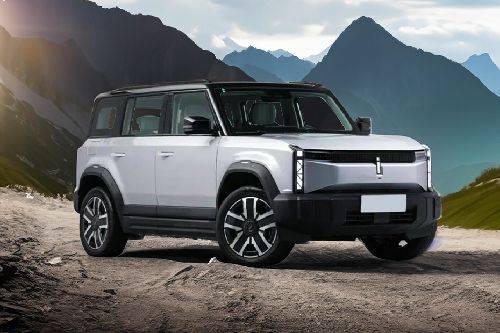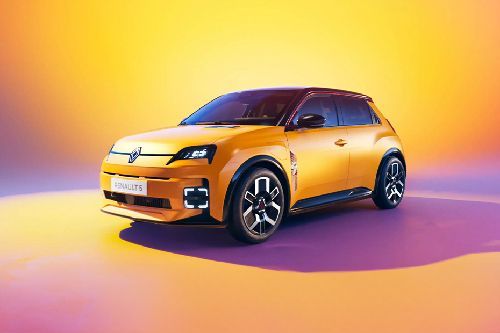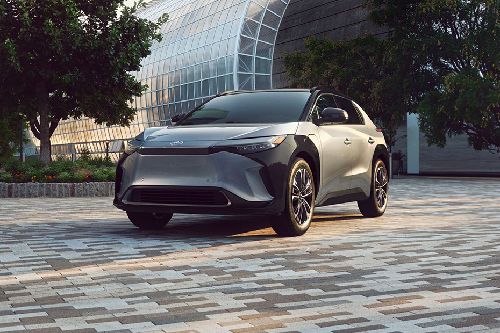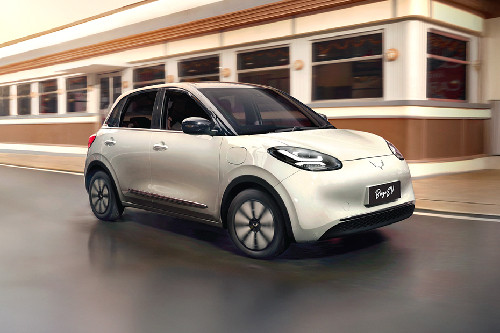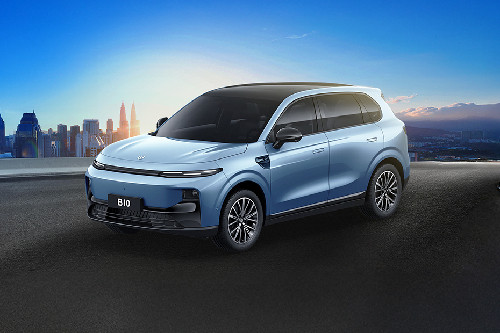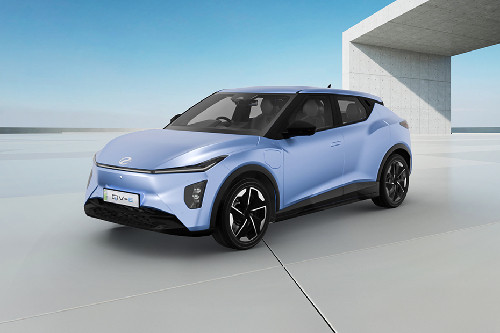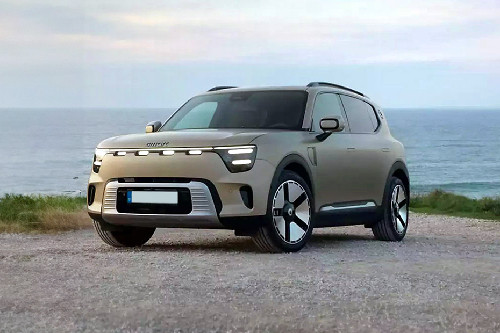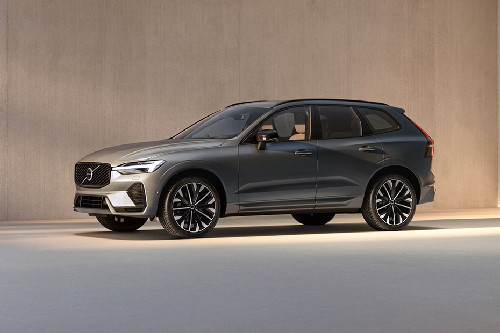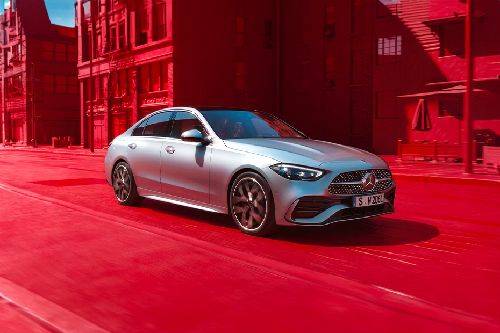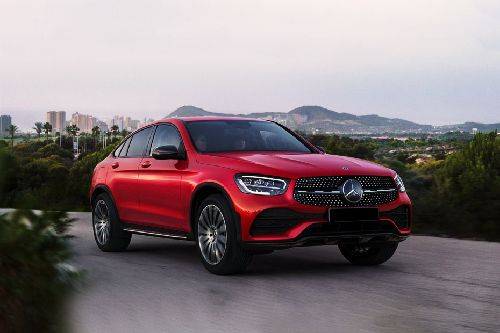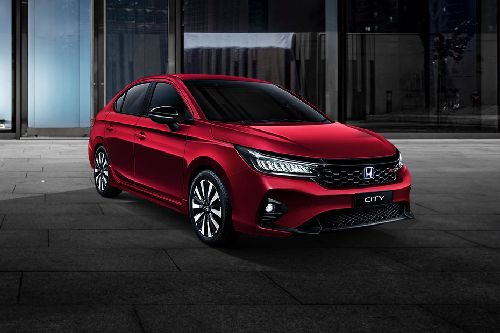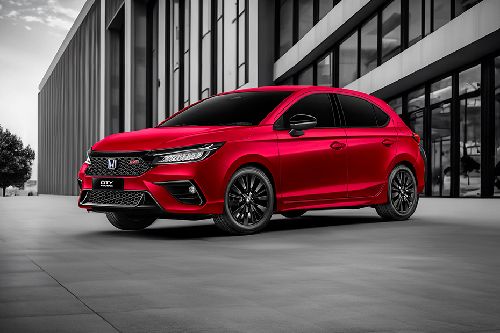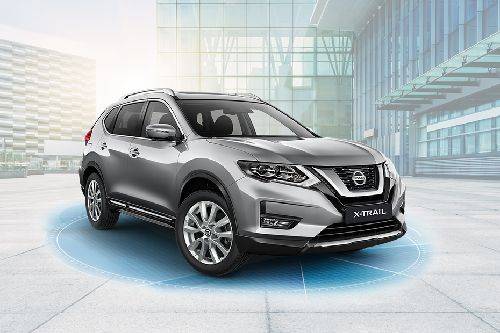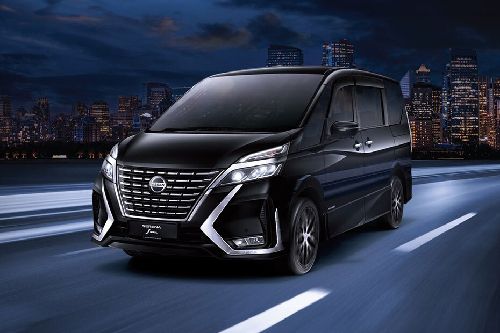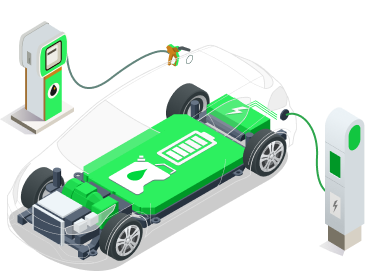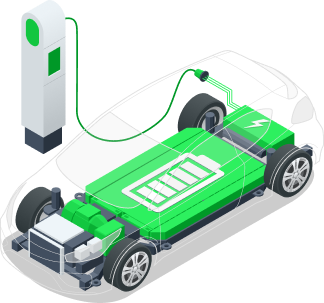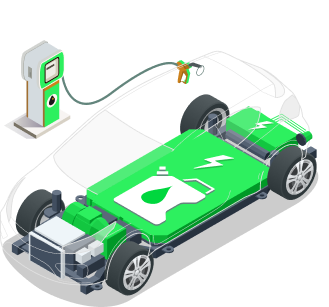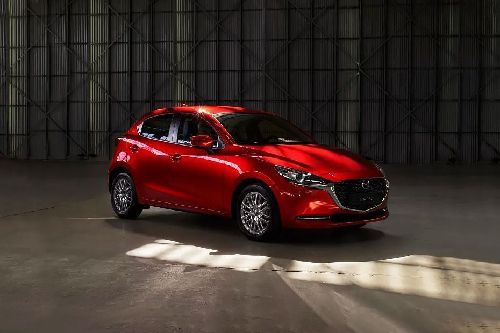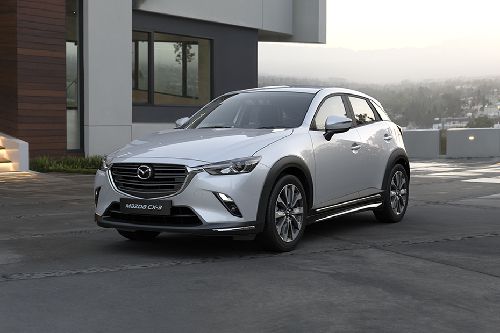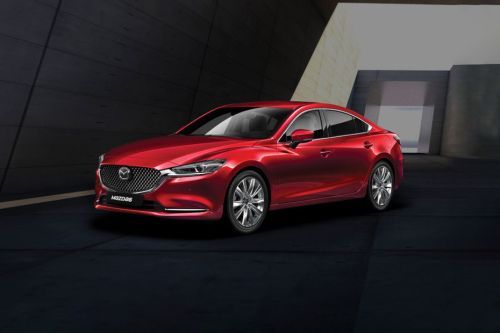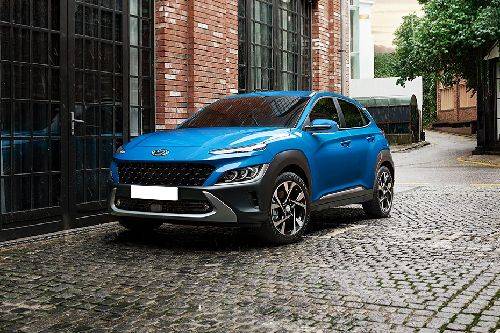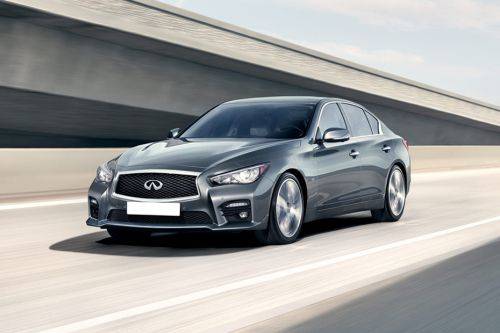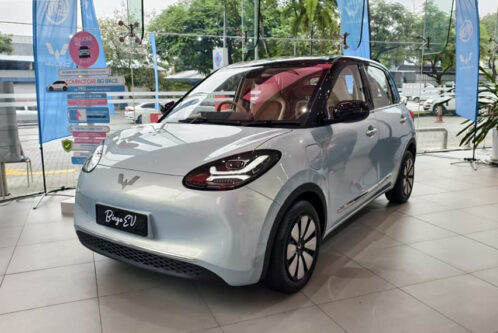Electric Cars
- Popular
- Upcoming
- Latest
Popular EV Brands
Must Read Article About EVs
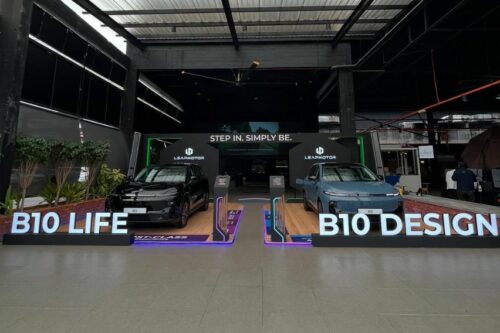
Stellantis-backed Leapmotor has launched the highly anticipated B10 electric SUV in Malaysia to set a new benchmark for accessible innovation...
Read MoreMisconceptions About Electric Vehicles
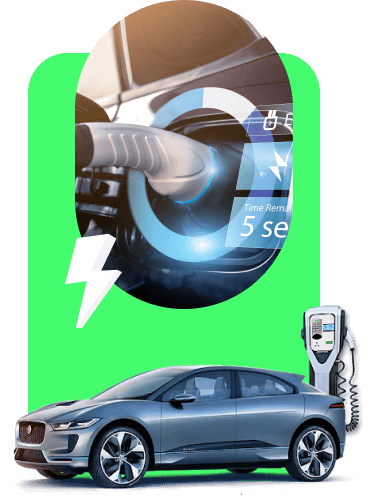
Why The Automotive Future Is Electric
Electric cars run on electricity, which is why they are preferred over conventional cars that run on either petrol or diesel (whose prices are crashing through the roof). Further, their low maintenance needs make them a cost-effective option.
![]() Reduced Operating Expense
Reduced Operating Expense
EVs have fewer moving parts than internal combustion engine vehicles, which means fewer components are subjected to wear and tear.
![]() Silent And Smooth Driving Experience
Silent And Smooth Driving Experience
The absence of an internal combustion engine results in a remarkably quiet driving experience. Electric motors operate with minimal noise and vibration, providing a smoother ride compared to traditional vehicles. This contributes to a more comfortable driving experience and reduces noise pollution in urban areas.
![]() Simple To Operate
Simple To Operate
Electric vehicles typically feature single-speed transmissions, eliminating the need for gear shifting. This makes driving an electric car straightforward and user-friendly, especially for those accustomed to automatic transmissions.
![]() Environmentally Friendly
Environmentally Friendly
Since EVs run on electricity, they produce zero emissions, resulting in cleaner air and improved public health.Furthermore, when charged with renewable energy sources such as solar or wind power, electric vehicles have a significantly lower carbon footprint compared to traditional gasoline or diesel vehicles.
What Are Electric Vehicles Types?
Good And Bad Things About EV

- Advantages
- Disadvantages
-
 Reduced Carbon Footprint
Reduced Carbon Footprint
Electric vehicles produce zero tailpipe emissions, leading to cleaner air and reduced greenhouse gas emissions.
-
 Lower Ownership Costs And Maintenance
Lower Ownership Costs And Maintenance
EVs require fewer repairs and maintenance compared to traditional vehicles, resulting in long-term cost savings.
-
 Enhanced Performance
Enhanced Performance
Electric motors deliver instantaneous torque, providing responsive acceleration and a smoother driving experience.
-
 Spacious And Quiet Interiors
Spacious And Quiet Interiors
Electric vehicles offer ample cabin space and operate quietly, thus enhancing passengers' comfort.
-
 Building The Infrastructure For Charging Stations
Building The Infrastructure For Charging Stations
The development of EV charging infrastructure is ongoing and can affect the convenience of charging outside the home.
-
 Limited Driving Range
Limited Driving Range
Electric vehicles may have a restricted range compared to internal combustion engine vehicles, impacting long-distance travel.
-
 Longer Charging Time
Longer Charging Time
Charging an EV typically takes longer than refueling a traditional car, especially at standard charging stations.
-
 Costly Battery Replacement
Costly Battery Replacement
While EV batteries have a long lifespan, replacing them can be expensive if needed.
EV Running Cost Calculator
Saving Per Month
-
Ev Running Cost
-
ICE Running Cost
*Average {fuelType} price is {price} per litre
Enter Petrol PriceSwitch to EV and reduce CO2 emission by an estimated 500 kg/year which is equivalent to planting 10 new trees.
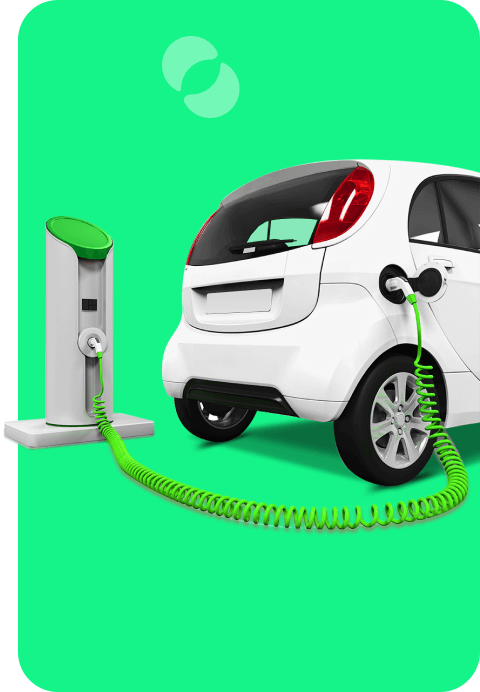
How To Maintain Your EV’s Battery
-
Extreme Temperatures
Avoid exposing EV batteries to high temperatures, as it can impact battery performance and longevity.
-
Avoid Full Charging
Fully charging the battery regularly can reduce its lifespan, so it's advisable to maintain a partial charge.
-
Limit Use Of Quick Chargers
While convenient, frequent use of rapid chargers can accelerate battery degradation.
-
Maintain Battery Condition
Utilise techniques such as timed charging and avoiding deep discharges to preserve battery health.
-
Battery-efficient Driving
Controlled acceleration and proper tyre pressure can optimise battery performance and extend its lifespan.
EV Cars Comparisons
Ev Cars Reviews
Frequently Asked Questions
What are the types of electric car?
There are three types of electric vehicles available for sale in Malaysia
- 1. Battery Electric Vehicles (BEVs) BEVs are also known as All-Electric Vehicles
- 2. Hybrid Electric Vehicle (HEV)
- 3. Plug-in Hybrid Electric Vehicle (PHEV)
Which are the popular electric cars in Malaysia?
Are there any upcoming electric cars in Malaysia?
Are there any hybrid cars available in Malaysia?
Yes. There are hybrid cars available in Malaysia. Top hybrid cars are City, City Hatchback, CR-V, X-Trail and Serena. To checkout the complete list of hybrid cars, Hybrid Cars
Do electric cars have engines?
Electric cars do not have an internal combustion engine, rather they come with an electric motor powered by a large battery pack. The battery can be recharged through a wall socket or portable charger.
